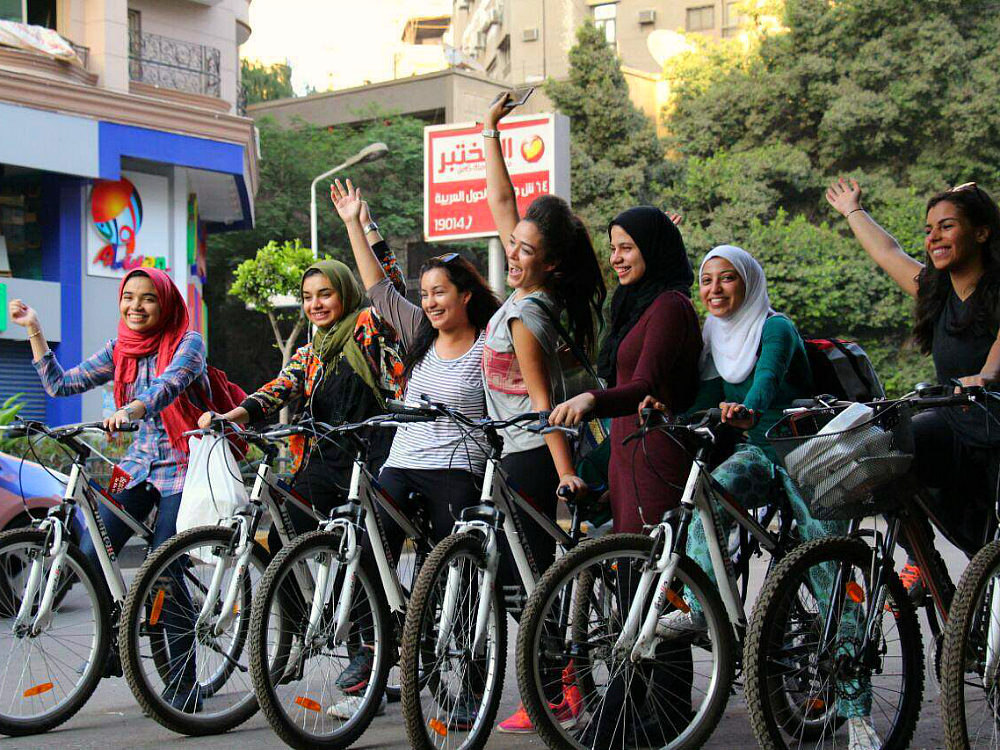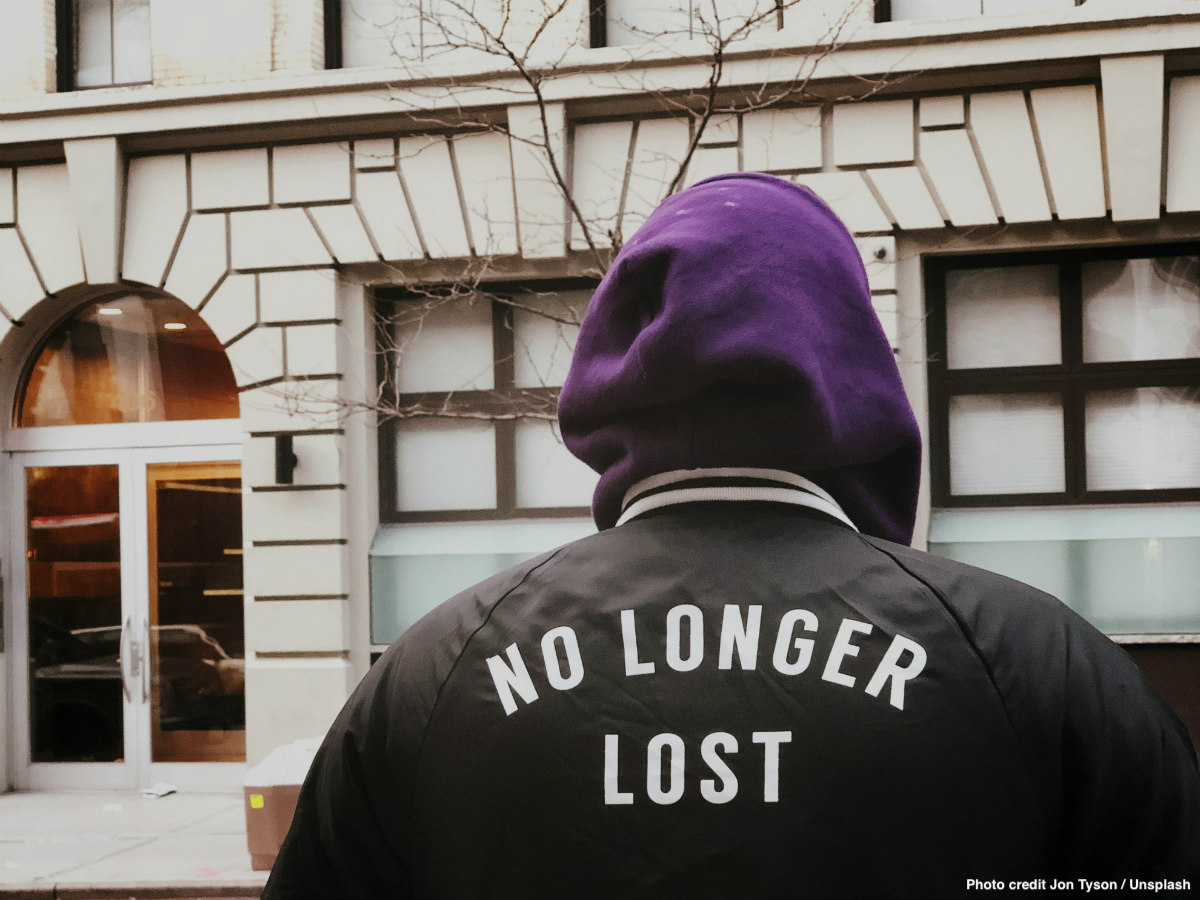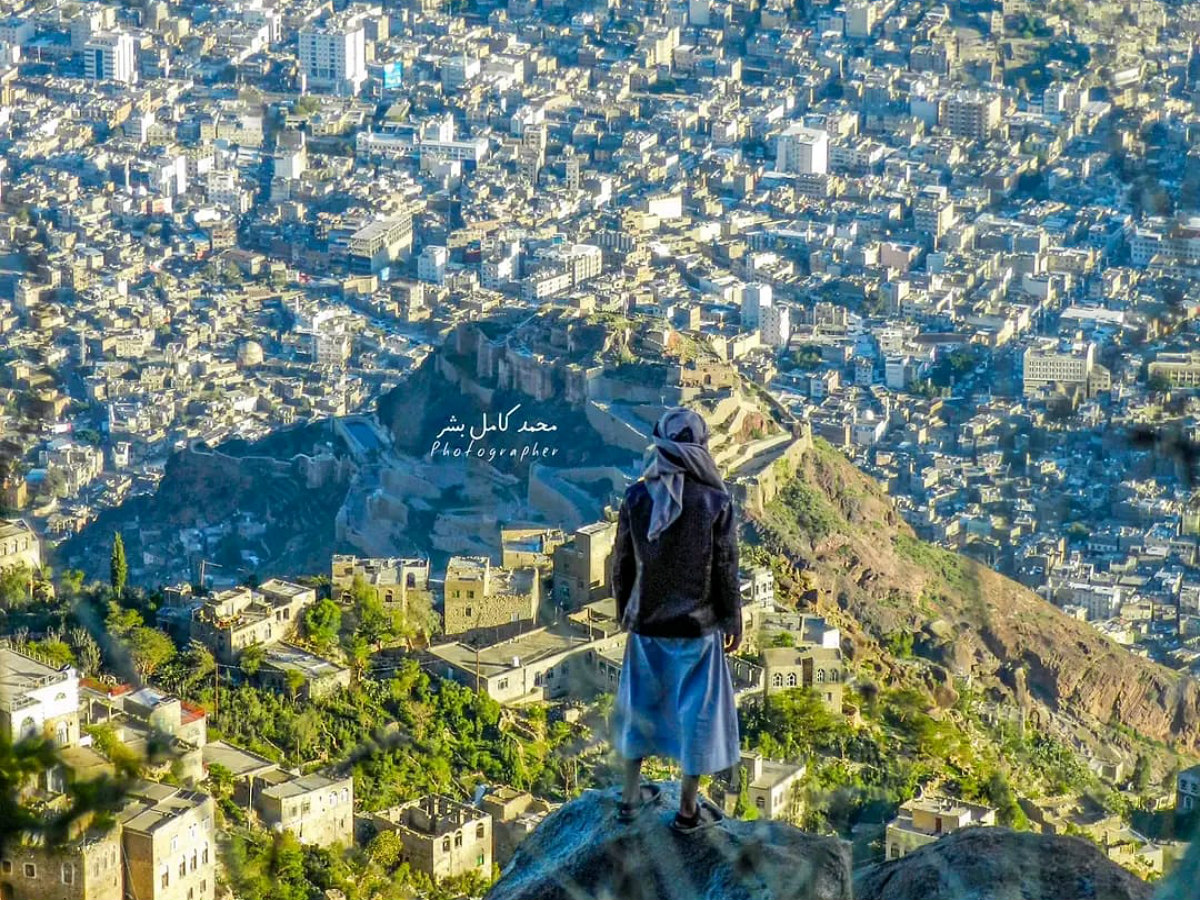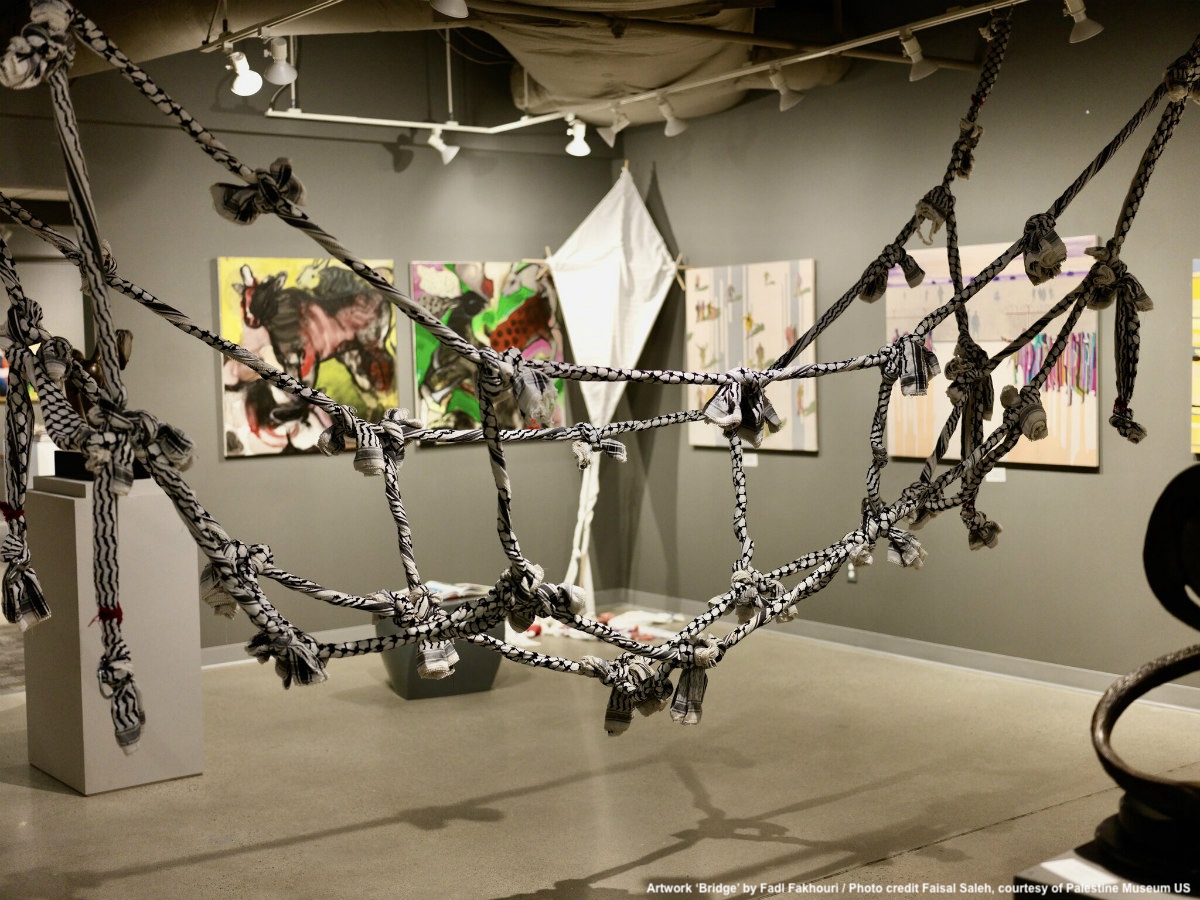A cycling do-gooder and a peaceful wave maker, Nouran Salah is the inspiring founder of Cairo Cycling Geckos, an initiative which astonished the entire Egyptian nation when she set off to cycle in a small all-women-caravan on the bike-unfriendly streets of Cairo to distribute free meals during Ramadan in 2016. Since then they cycle all year round. They are determined to empower women and reduce urban gender inequality by breaking social taboos.
It is the first female cycling initiative in Egypt and it has been growing into a powerful community of women full of hope.
Setting off every day before breaking her fast, Nouran Salah and her crew take on the daunting streets of Cairo’s slums, cycling through traffic-laden bridges and roads engulfed in garbage, as she leads her girls team to distribute meals for underprivileged people. These are specially busy days as the month of Ramadan is still going on and donations keep coming in to meet the religious duty for all Muslims called zakat, basically a mandatory charitable contribution considered as a tax.
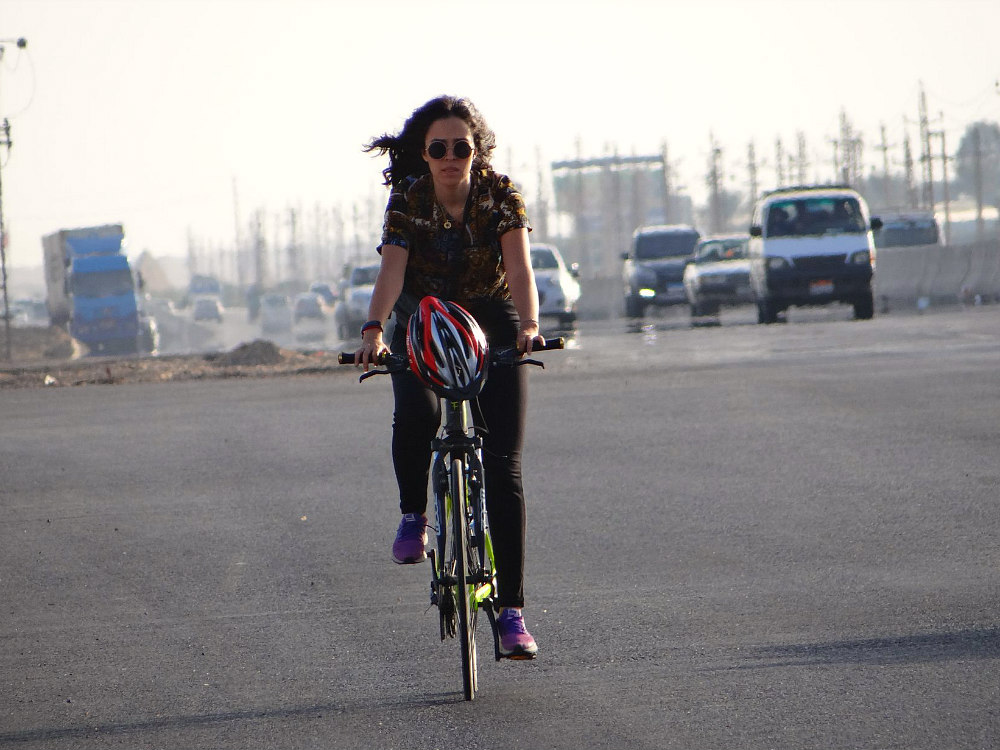
They cycle to areas where neighbours have barely seen the hair of a woman on the streets and look with skepticism at their bikes. But the Cycling Geckos are changing these preconceptions by showing residents that female cyclists are cycling do-gooders.
Oum Shahenda, a 35-year-old vegetable seller and mother-of-six, was initially shocked to see girls on bicycles. She had never seen anything like that in her neighbourhood called Ramlet Boulaq, an old informal settlement in the middle of Cairo that has existed for around 100 years.
People from outside think that our community is filled with criminals. They are afraid to come near us or to come inside our neighbourhood. That is why people here are amazed to see girls on bicycles in our streets, explains Shahenda.
She lives with her large family in a small, run down room, like most of her neighbours. For her, the kind of assistance provided by the Cycling Geckos is essential for her family. The Egyptian state has not made sufficient efforts to develop the neighbourhood.
Although the living conditions at Ramlet Boulaq are very harsh, its residents are emotionally attached to the neighbourhood and feel a loyalty towards it. ‘Taking me out of here is like taking a fish out of its pond’, claims an old lady, resident of this same community.
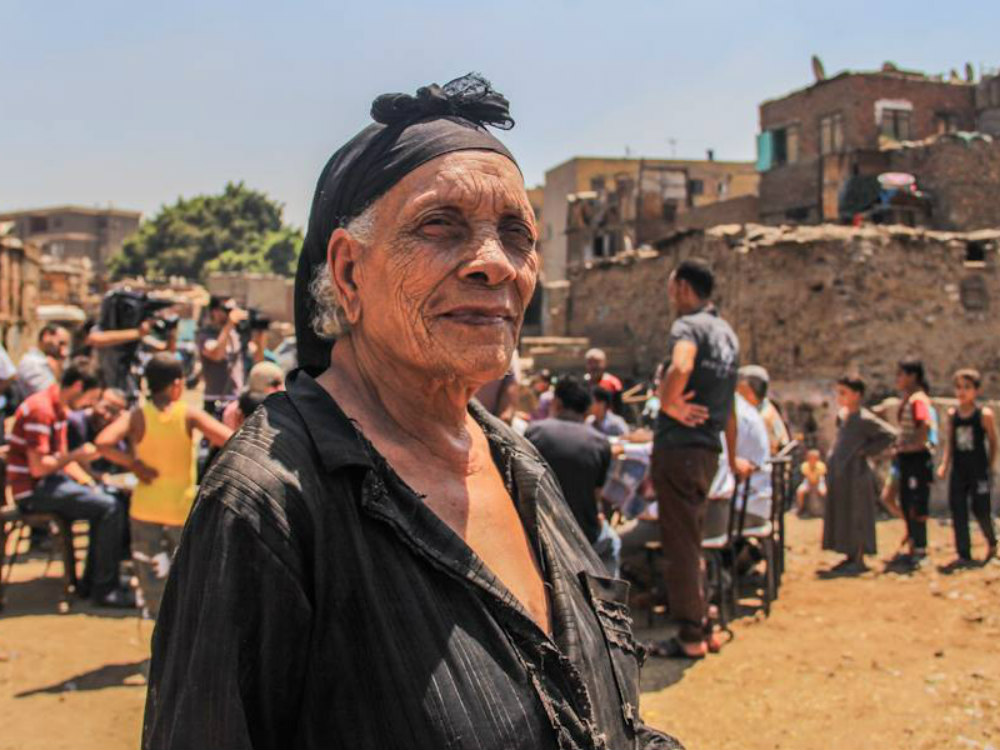
‘Changing the mentality in these traditional communities is very difficult and it will take very long to reduce urban gender inequality. Also in other neighbourhoods of Cairo girls face many social constraints because they grow up in a patriarchal system without critical thinking and are afraid of change’, explains Nouran Salah.
Groundbreakers making a positive impact on Cairo
Nouran Salah cycles all year round as a symbol to break the traditional female image in Egyptian society. She nurtures the self confidence of the girls riding their bikes with her and transmit that energy to others living in the communities they help. By doing that, she creates a powerful force to break the cycle of poverty.
‘Female cycling is considered to be a social taboo in Egypt and in most of the Middle Eastern region due to the posture of the female on the bike. It could be sexually perceived and be a cause of sexual arousal towards men. For example when I am on a bike, the most common verbal harassment I get is: ‘’I wish I was your bike saddle‘’. As a consequence, 80% of women in this country are not allowed to get on bikes after they hit puberty’, claims Nouran Salah.
Nouran, a big fan of the book ‘Sex and the Citadel – Intimate life in a changing Arab world’ agrees with her writer Shereen El Feki : ‘In Egypt sexual attitudes and behaviours are intimately bound up in religion, tradition, culture, politics, and economics. They are part and parcel of sexuality’.
Accordingly women and girls in Cairo are held back from fulfilling their potential by those social and cultural constraints. It is key to provide adolescent girls with the right tools to empower them during this important phase of their lives.
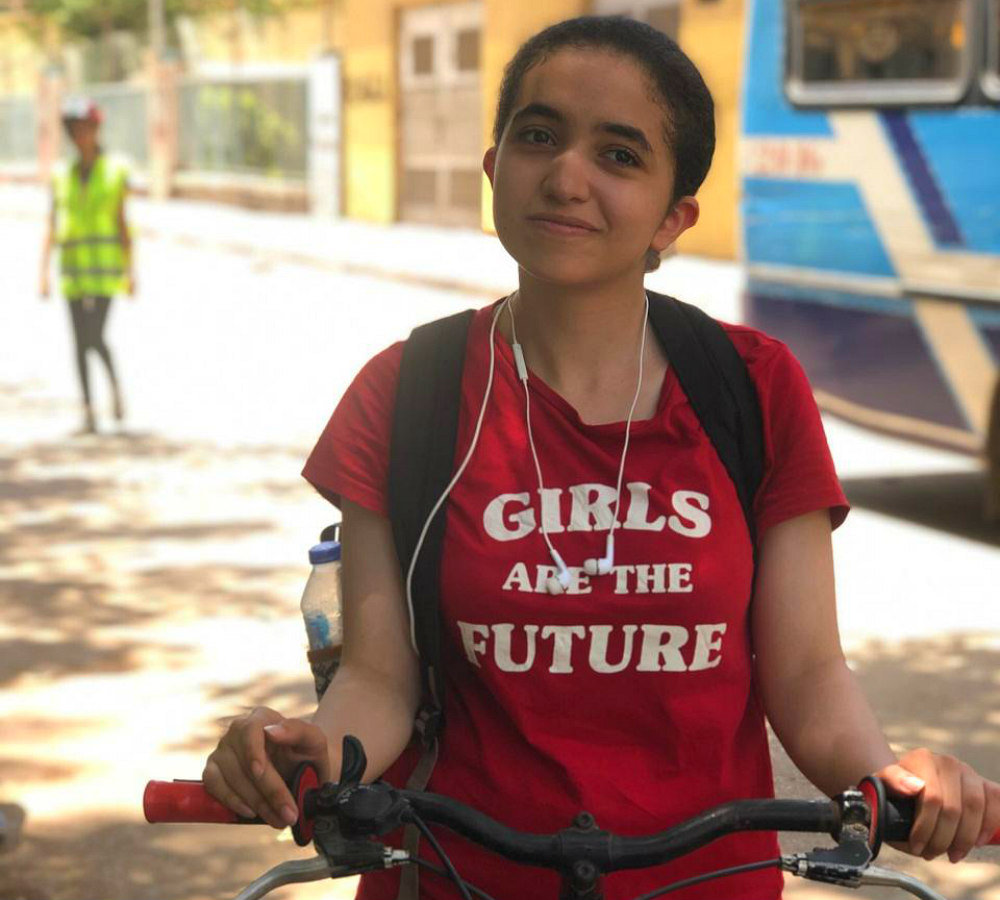
‘At the beginning our main barriers were the fitness of the girls. We were too slow and we had to wait for the whole group. But this is an easy barrier to overcome. After a year of activity, all girls were super fit and felt so confident. We started organizing 100 km cycling challenges. Other daily barriers we face are the road bumps and the nonexistence of cycling lanes which is a little bit dangerous but we are already very chaotic in driving cars hence cycling is not an issue for Egyptian cyclists’ laughs Salah.
Women’s empowerment efforts are essential to long-lasting social change
Cycling Geckos are transforming the ways in which women engage with society because her founder has been brave enough to open up the discussion about the choices girls can make about their own lives. She encourages them to challenge the negative cultural and social definitions that can limit their own ability to unleash their potential.
We bring hope to the next generations and show the active role women need to play as citizens in Cairo.
‘I have witnessed a huge progress in all of my girls. In 2016 when I started most of the volunteers/participants were veiled women and now more than 70% of them took off their veils because they feel free, they feel more connected to who they are. They just want to express themselves in the best way possible which led them to take off their veils (because they were forced by parents to wear one). Other girls believed that small ideas could change lives so they started their own small businesses, which also aim at positively impacting society and they are actually quite successful. Some girls moved out of their houses or traveled abroad, changed their careers and are able to stand up for what they believe in with no more shame, only confidence. I have seen it all!’.

Nouran Salah, an art curator, runs the Cycling Geckos with the support of the bike shop Bescletta. They sponsor the bicycles, helmets and vests. The bike riders pay a fee for every ride to cover the basic costs. In addition, they have different sources of financial support such as donations from Cairo and abroad, sponsorships by media outlets and by embassies as most of them are interested in issues reducing urban gender inequality in Egypt.
Like Nouran Salah, urban activists in cities around the world are using the bike as a vehicle for social justice, a tool and symbol of freedom and empowerment for mobility justice, racial equity and gender equality like in Cairo. Addressing social justice contributes strongly to the sustainable development of a city.
In that sense I wonder if the government of Cairo prefers to see the Cycling Geckos as changemakers for a gender equal city or rather as advocates for cycling in Cairo. Nouran Salah told me that they just had a huge meeting with UN Habitat and The Ministry of Infrastructure about the numerous cycling groups and cycling delivery services sprouting up in Cairo and the necessity to provide them with safe bike lanes while promoting more cycling in the city.
‘Harassers in the streets go so far as to endanger the cyclists who dare to challenge social norms. “One day a driver intentionally hit my bicycle with his car and told me it was a warning to never ride on the street again,” says Amina, one of the female riders.
The roll out of bike lanes would definitely help to pave Nouran Salah’s mission of breaking the shackles of unjustified social taboos while normalizing the idea of females cycling in Egypt.
‘Every new girl who comes to our ride and jumps on a bicycle is a further step toward reducing urban gender inequality. The more the number of women cycling; the more men will be willing to accept it‘, says Nouran Salah.
Women on bikes are legitimately stealing the spotlight in Cairo.
